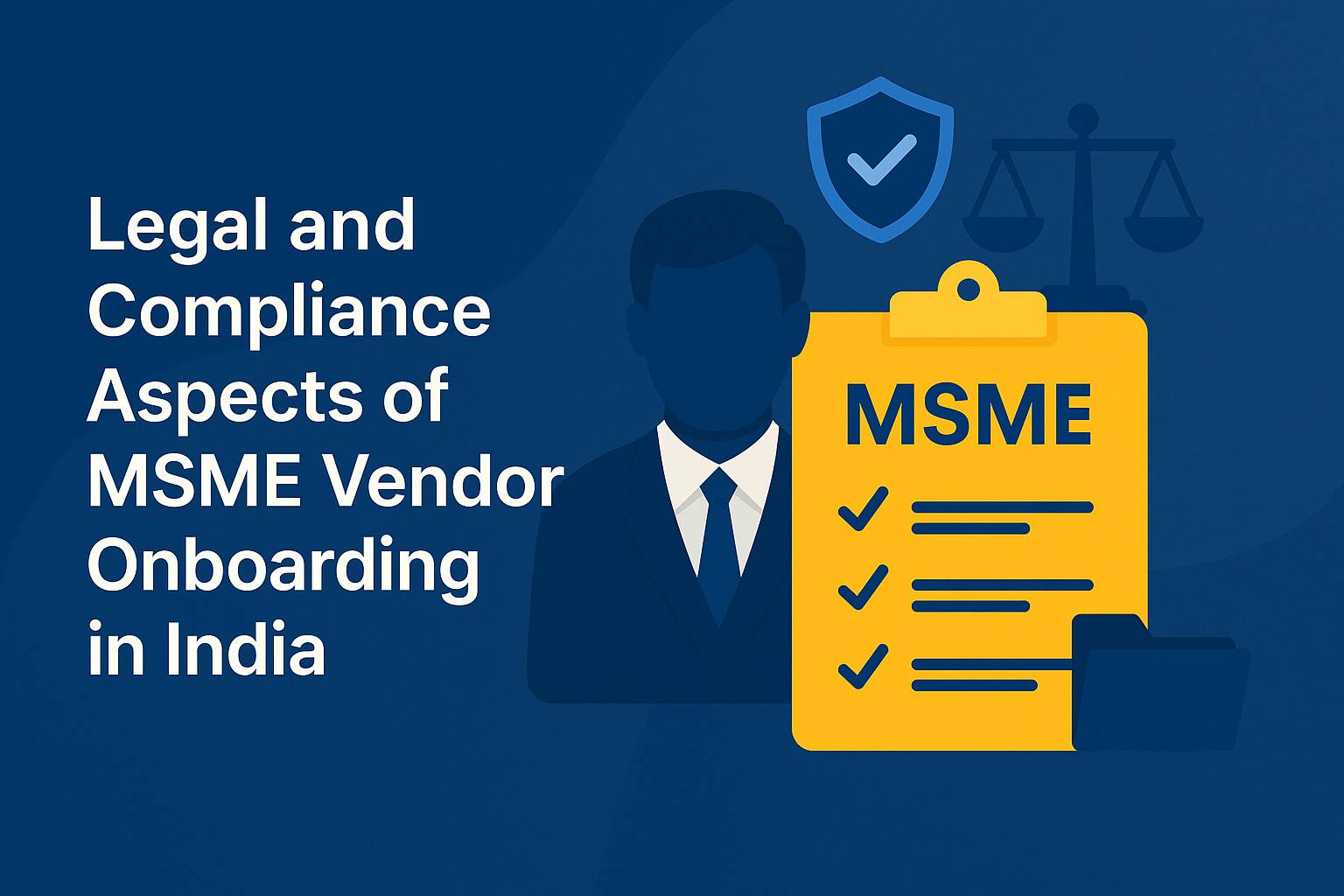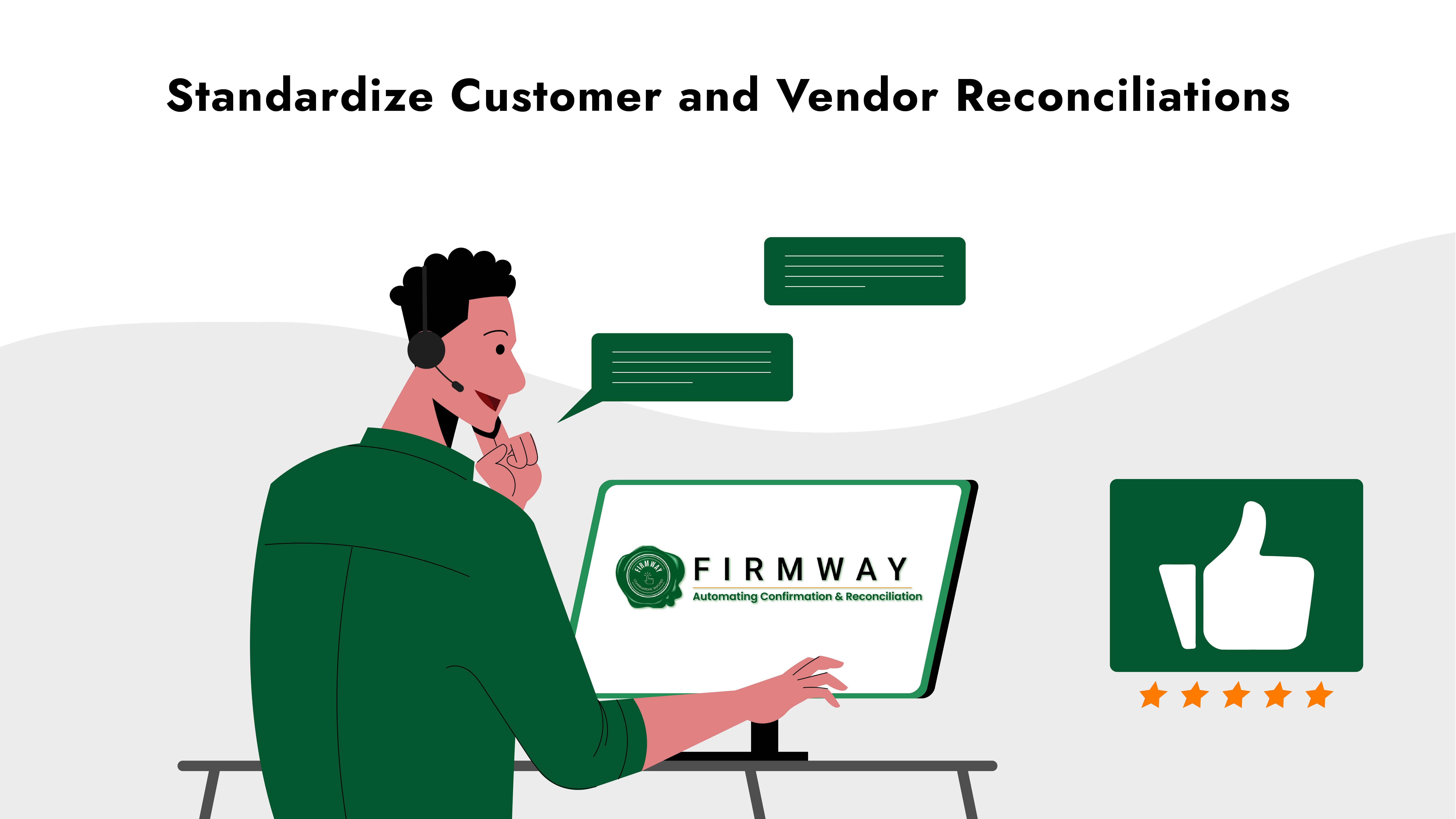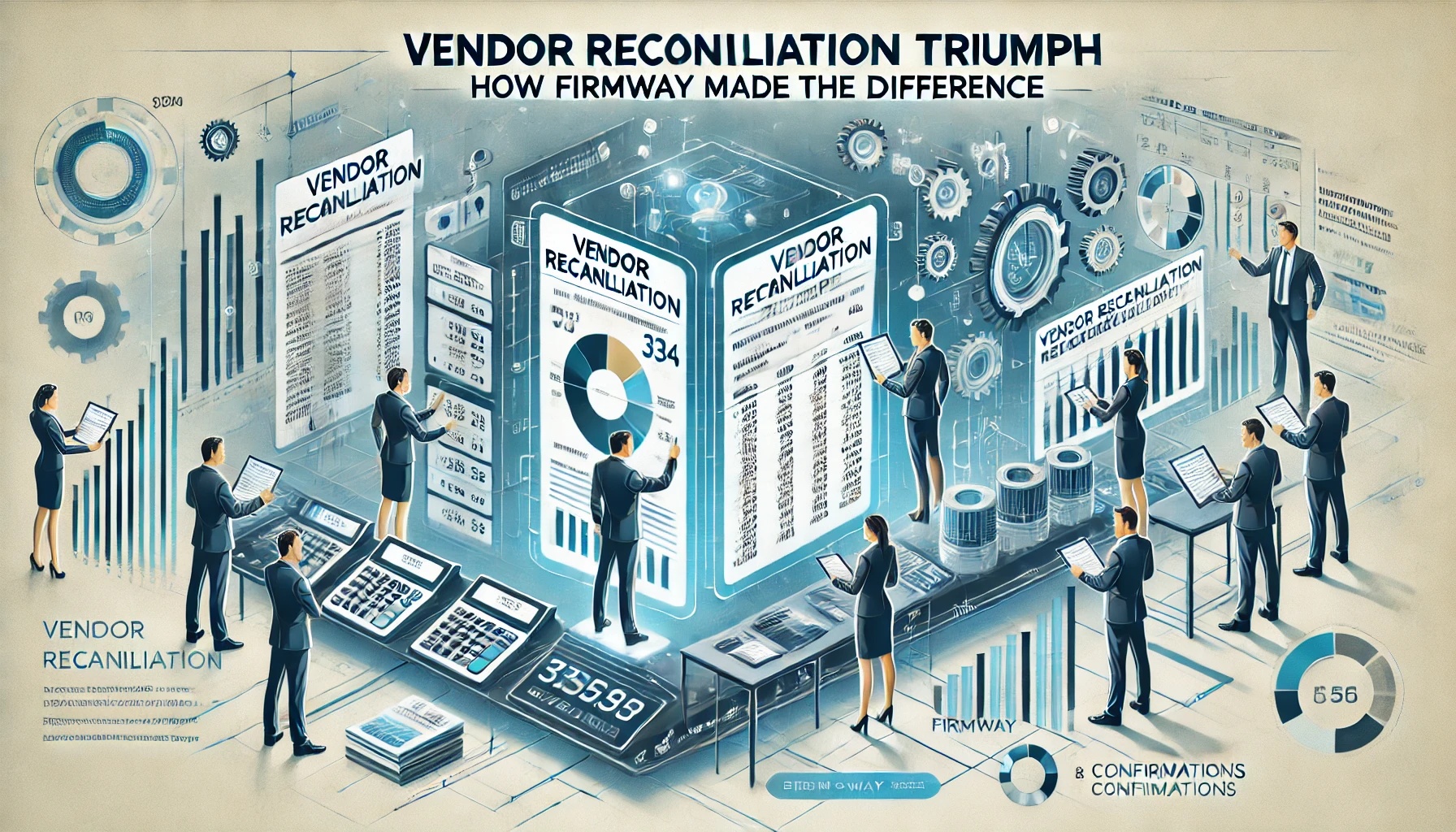Legal and Compliance Aspects of MSME Vendor Onboarding in India
Micro, Small, and Medium Enterprises (MSMEs) play a pivotal role in India’s economic growth, contributing significantly to employment generation and industrial output. As the Indian government continues to promote the MSME sector, evidenced by initiatives such as increasing limits for MSME/Udyam Registration, Compulsory Registration with TReDS for companies with turnover above INR 250 crore and other such measures, understanding the nuances of MSME vendor onboarding is crucial for businesses seeking to engage with these enterprises effectively.
Legal Necessities for Identifying MSME Vendors During MSME Vendor Onboarding:
1. Disallowance under Income Tax Act: One of the key aspects to consider in MSME vendor onboarding is the disallowance :
a) under Section 43B(h) of the Income Tax Act, 1961 – Disallowance in case of non-timely payment
b) Disallowance for interest paid to MSME’s for delayed payment of their dues.
2. Reporting to Registrar of Companies:
Companies engaging with MSME vendors need to report the particulars of their transactions with MSMEs for statutory compliance. This reporting requirement, mandated under the Companies (Accounts) Rules 2014, is crucial for transparency and regulatory adherence. Failing to report such transactions can lead to legal complications, making it essential for businesses to fulfill this obligation promptly.
The above necessities and the urgency Government is demonstrating to support MSME emphasizes that companies must identify such MSME Vendors from the very beginning of business relationship with them.
 MSME Vendor Onboarding: Details to Collect for Vendor MSME Status:
MSME Vendor Onboarding: Details to Collect for Vendor MSME Status:
Udyam Certificate: If possible, companies shall prefer the Udyam certificate with updated details such as latest classification, current activity codes etc. for a current financial year in which the vendor is getting onboarded.
Latest Classification: Classification into a Micro, Small or Medium Category, if the same is not available with the vendor, then companies shall run real-time APIs, provided by Government, to identify the same as many compliances are not applicable in case of Medium Category.
Nature of activities: Nature of activities determines which compliances are applicable for a particular MSME vendor. If the nature of the activities for which vendor is registered under MSME Act and the activities for which it is engaging with a company are different then a company shall request a vendor to modify its Udyam Certificate.
Vendor Declaration: Company shall collect from the vendor, a declaration stating that any change in its MSME classification or status shall be communicated to the company through a specified mode only or this declaration can be a part of the contract or Purchase Order (PO) itself.
Conditions in Purchase Order: PO shall specify that any question asked by company on MSME status and classification must be responded to, failing which company shall have a right to assume the Vendor is Non-MSME or continue with the classification and status available with it.
Conclusion :-
MSME vendor onboarding in India involves meticulous attention to legal and regulatory requirements and documentation. The documentation list provided above will help in supporting your position or reason for non-compliance in case of any queries or legal disputes. By adhering to these guidelines, businesses can not only comply with the law but also foster sustainable and mutually beneficial relationships with MSME vendors, contributing to the growth and development of the Indian economy.


 MSME Vendor Onboarding: Details to Collect for Vendor MSME Status:
MSME Vendor Onboarding: Details to Collect for Vendor MSME Status:




